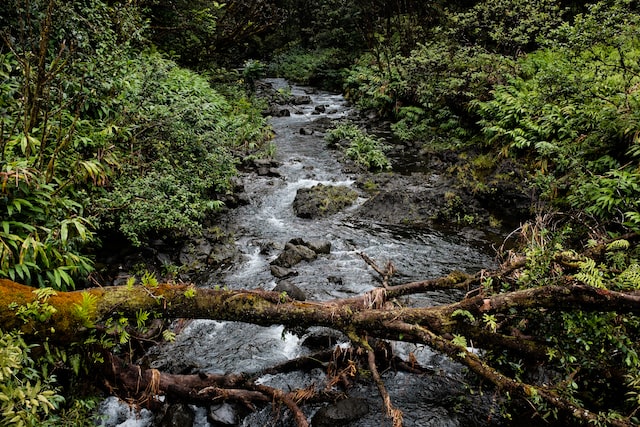Yellowknife, NWT – The Government of the Northwest Territories and the Government of British Columbia are pleased to report on initiatives undertaken between 2019 and 2021 related to implementation of the Northwest Territories-British Columbia Bilateral Water Management Agreement.
Through the Northwest Territories-British Columbia Bilateral Water Management Agreement, which focuses on the Liard and Petitot watersheds, both governments are committed to managing shared water resources in a way that maintains the ecological integrity of the aquatic ecosystem.
Key activities undertaken include:
- Water quality monitoring
- Water quantity monitoring
- Biological monitoring (fish, benthic invertebrates)
- Indigenous knowledge collection
- Groundwater monitoring
- Permafrost research
Highlights from these activities include:
- Training and funding of Fort Nelson First Nation to support a winter low-flow water quality and quantity monitoring program on the Kiwigana River, Dilly Creek, Sahtaneh River, and Deasum Creek.
- Installation of a hydrometric station on Martin Creek in British Columbia in partnership with the B.C. Oil and Gas Commission and Prophet River First Nation.
- An Indigenous knowledge fish study by Acho Dene Koe First Nation supported by the NWT Cumulative Impact Monitoring Program (NWT CIMP) to fill gaps on traditional fishing practices and changes due to environmental, industrial, societal, and cultural factors.
- Completion of an aquifer assessment in the Liard River Basin — laying the groundwork for the installation of a groundwater monitoring network.
- A partnership with Wilfrid Laurier University and the Government of the Northwest Territories to understand how thawing permafrost affects the flow and storage of water in southern NWT.
This bilateral water management agreement is one of three signed by the NWT under the broader Mackenzie River Basin Transboundary Waters Master Agreement, which is a partnership between the federal government and Saskatchewan, Alberta, B.C., Yukon and the Northwest Territories intended to promote sustainable water resource use and management.
“Clean and abundant water is essential to the physical, social, cultural, and economic well-being of all residents of the Northwest Territories. The work completed over this reporting period reflects our governments’ steadfast commitment to working together to understand and manage these shared waters.” Shane Thompson, Minister of Environment and Natural Resources (NWT)
Quick Facts
- The NWT-B.C. Mackenzie River Basin Bilateral Water Management Agreement was signed on October 15, 2015.
- To promote a cooperative approach to water management, the Governments of Canada, Northwest Territories, Yukon, British Columbia, Alberta, and Saskatchewan signed the Mackenzie River Basin Transboundary Waters Master Agreement in 1997, committing all six governments to work together toward managing shared water resources in a sustainable manner for current and future generations.
- Bilateral agreements provide a long‐term framework for both upstream and downstream jurisdictions to manage shared water resources in a way that maintains the ecological integrity of the aquatic ecosystem.









